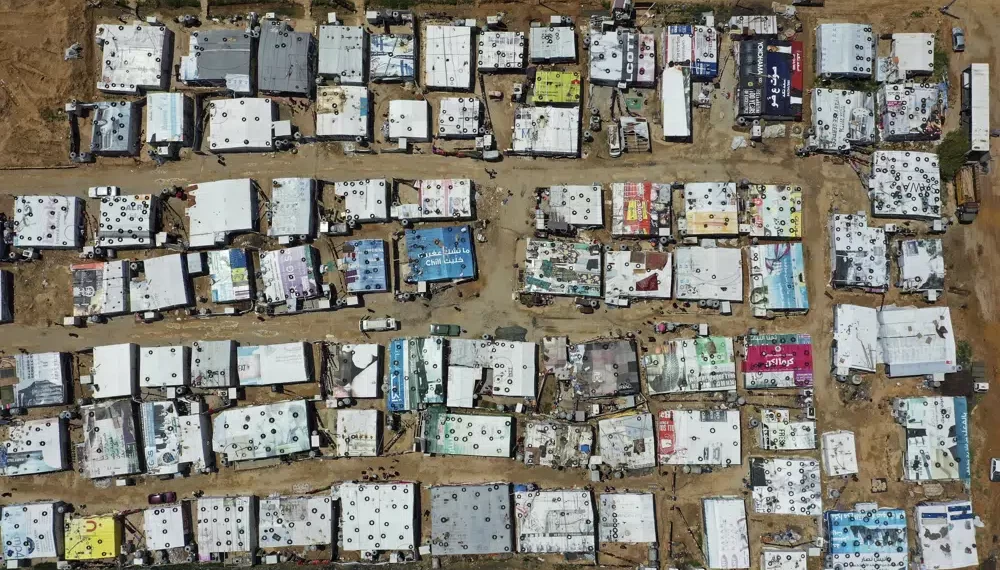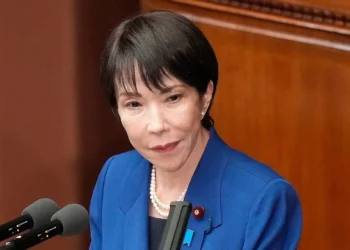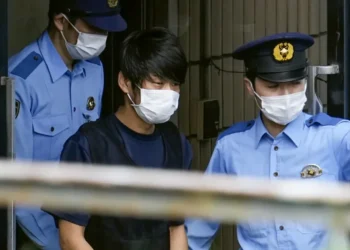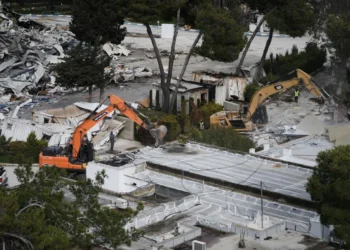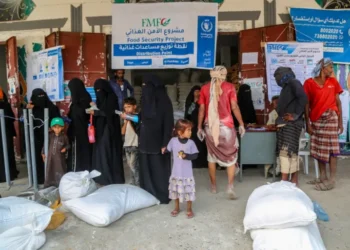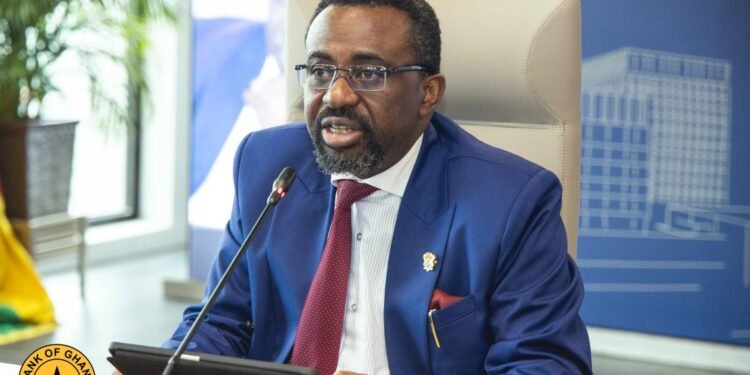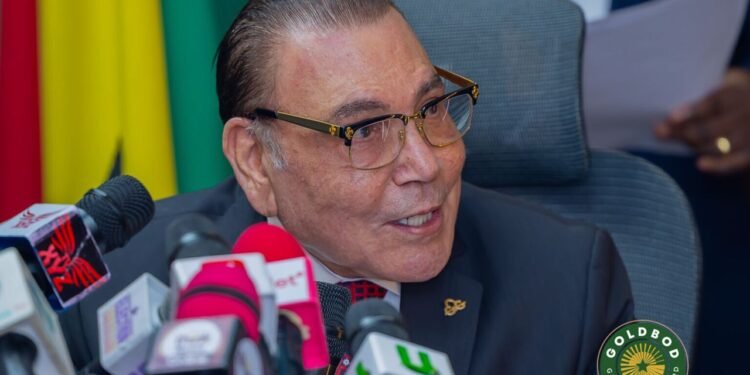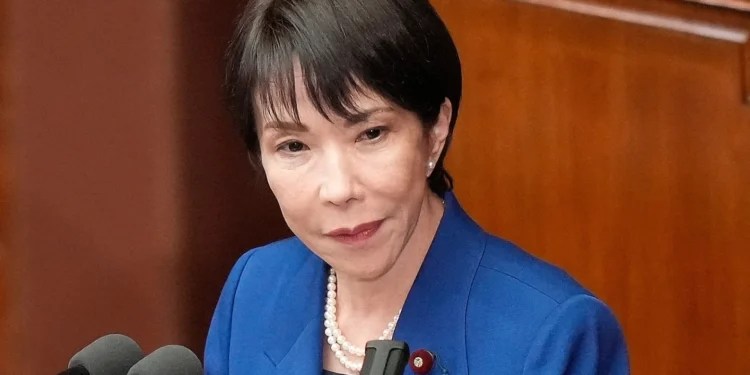In light of the deepening economic crisis and political impasse, Lebanese authorities have stepped up their crackdown on Syrian refugees, which has led to terror among the country’s Syrian population.
According to refugees and humanitarian organizations, the army has raided refugee camps and set up checkpoints to examine the identification of non-Lebanese citizens, arresting and frequently deporting Syrians found to lack legal residency.
“People aren’t sleeping in their houses … and are afraid even to go to work,” said a woman originally from the Syrian province of Idlib who is living in Lebanon’s eastern Bekaa Valley. Her husband was deported on April 10, along with 28 other men, after a raid on an apartment building in the Beirut suburb of Jounieh, she said, and she hasn’t heard from him since.
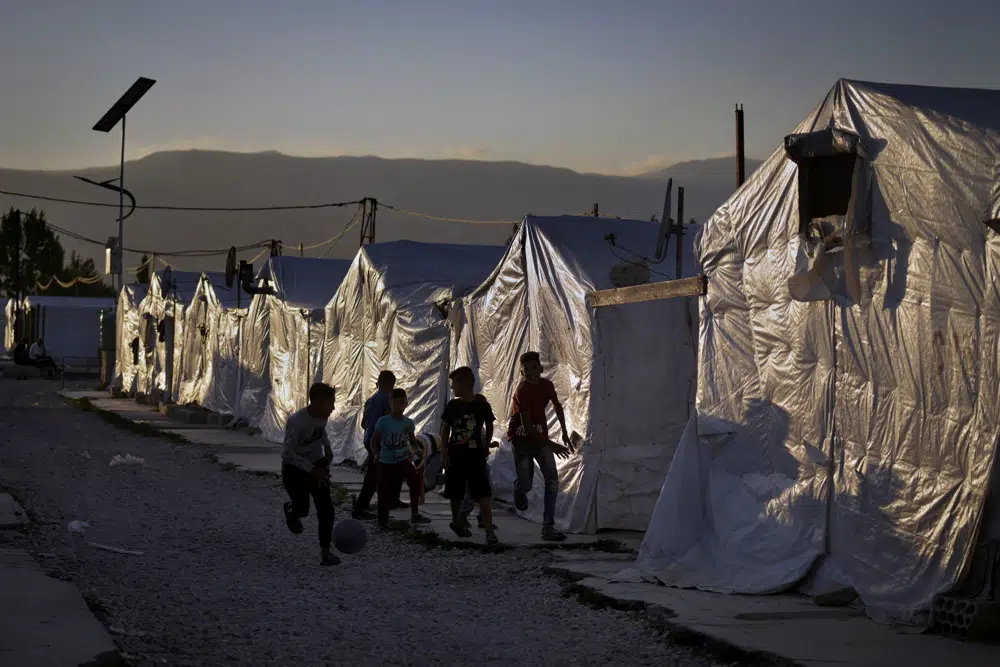
A woman fears her husband has been placed in one of Syria’s detention facilities because, like many men who fled to Lebanon, he was wanted for evading mandatory army service, and her 4-year-old son asks where his father has been every day, she said, speaking on the condition of anonymity, like other Syrians interviewed for this story.
Pressure has increased in other ways in the sense that, municipalities have been forced to put in place restrictive measures such as curfews for Syrians. The Interior Ministry announced that, it has ordered municipalities to survey and register their Syrian populations and make sure they are documented before permitting them to rent property.
Additionally, the Interior Ministry has requested that Syrians who frequently travel between Lebanon and their war-torn nation have their refugee status revoked by the United Nations agency for refugees. A group of government ministers asked last week that UNHCR turn over comprehensive personal data on refugees in its database.
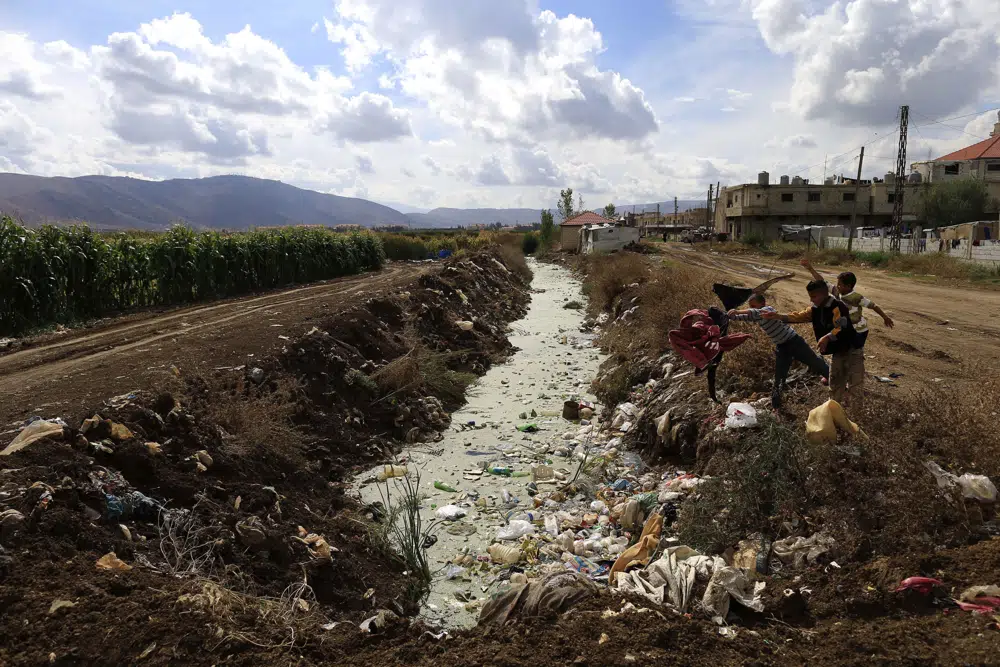
Lebanon is home to some 805,000 officially recognized Syrian refugees, who are in theory protected by their legal status. However, individuals who fail to maintain the validity of their residency documents risk being expulsed. Syria’s government asked the UN to stop new registrations in 2015, although it is thought that the true number of Syrians residing in Lebanon after leaving their nation’s 12-year civil conflict is substantially higher.
Different estimates of number of Syrians in the country, have been given by government officials, ranging from 1.5 million to more than 2 million. Lebanon have a population of around 5 million to 5.5 million citizens, but no census has been held for nearly a century.
The Economic Status Of Lebanon

Since the start of Lebanon’s economic crisis in 2019, officials have pushed harder for a large-scale exodus of Syrians, arguing that they are a burden on the country’s limited resources and that the majority of Syria is now safe. As the debate has heated up, a union federation recently proclaimed a “National Campaign to Liberate Lebanon from the Syrian Demographic Occupation.”
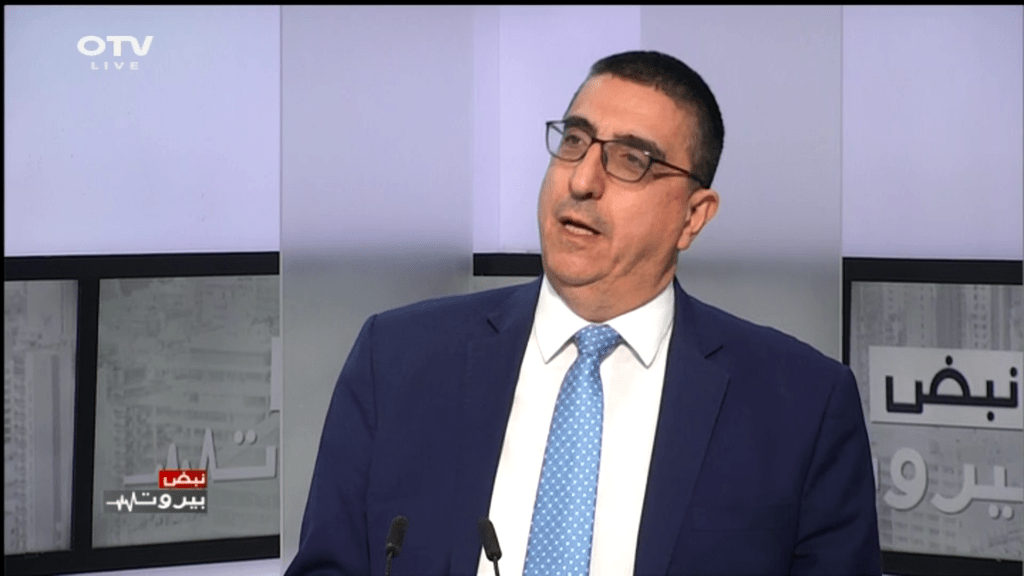
In recent interviews with local media, caretaker Social Affairs Minister Hector Hajjar disclosed that refugees make up 40% of Lebanon’s population, which “no country in the world would accept.” Hajjar also averred that, Lebanon’s government would ensure that Syrians who qualify as refugees would not be deported, by exchanging data with the U.N. refugee agency.
He directed questions about deportations to General Security, the office in charge of enforcing immigration laws. Spokesperson for the agency and the Lebanese military, did not respond to requests for comment and no public statement on the deportations, have been made to clarify the issue at hand.
According to the U.N. refugee agency, there have been more raids in Syrian settlements and there have been allegations of deportations of Syrians, including registered refugees. “We take reports of the deportation of Syrian refugees very seriously,” it stated.
Officials from the U.N. withheld the number of confirmed deportations. At least 200 deportations were reported in April, according to the Access Center for Human Rights, a nonprofit group that monitors the plight of Syrian refugees.
READ ALSO:Who Would Help Taiwan, Wu Cries Aloud

